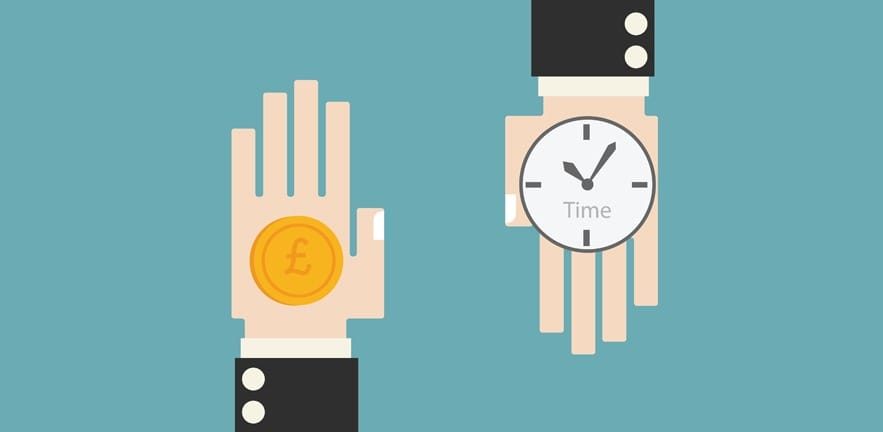
Charities ‘want your time’ and not just money: new study co-authored at University of Cambridge Judge Business School identifies factors that lessen ‘time aversion’ in charitable giving.
Charities have long wrestled with the issue of persuading people to donate their time to worthy causes. Many potential time-givers donate money instead due to the perceived “psychological costs” of giving their time – which is by definition limited.

But new research co-authored at University of Cambridge Judge Business School finds that “moral Identity” can overcome time aversion because it affirms and reinforces this identity, especially when the cost of giving time rises – and charities can use this key insight in recruiting people for time-giving tasks.
Significantly, the study found that charities can issue “moral cues” that trigger such moral identity and make people more likely to donate their time to good causes – a key practical finding for the charitable sector. Defining “moral identity” around a set of nine traits including kindness, caring and generosity, the study found that moral identity can be “activated” by showing people images of “moral exemplars” such as Gandhi and Mother Teresa, and quotations focused on the same idea such as: “Wherever there is a human being, there is a chance for kindness.”
“A strong moral identity may reduce time aversion not despite the higher cost of giving time but rather because of it. Put another way, giving time more strongly reinforces the moral self, compared to giving money,” says the study, which terms time aversion a “socio-psychological malady.”
The study, entitled “I don’t want the money, I just want your time: how moral identity overcomes the aversion to giving time to pro-social causes”, has just been accepted for publication by the Journal of Personality and Social Psychology.
“The study has significant implications for how charities and other good causes recruit volunteers for time-giving tasks,” says co-author Eric Levy, University Lecturer in Marketing at Cambridge Judge. “We found that there is a strong connection between moral identity and the willingness to donate time.”
One key finding was that when the cost of giving time rises, people with a high moral identity may be more motivated to give their time, and those with a low moral identity are more averse to giving their time. Conversely, in low-cost situations, those with a high moral identity are less apt to give their time than are people with low moral identity.
This suggests that charities need to consider levels of “moral salience” in their promotional material and other outreach to potential time-givers.
“If charities wish to recruit volunteers for low-time-cost tasks they may be better off targeting individuals whose moral identities occupy a less central role within their self-concept,” the study says. “Conversely, if they wish to recruit volunteers for tasks with a high time cost they may do well to target individuals whose moral identities occupy a more central role in their self-concept.”
The research paper comprises four separate studies. The first study finds that moral identity can make giving time appear less costly; the second and third studies find that a “moral cue” reduces time aversion even in unpleasant situations (such as emptying dirty hospital bedpans) and when time appears to be scarce (by enhancing a perceived connection between the time-giver and the beneficiary of the time donation); the fourth study accounts for the real costs of time, finding that the “chronic salience of moral identity” especially lessens time aversion when giving time becomes increasingly costly.
The study was co-authored by Americus Reed II of the Wharton School, University of Pennsylvania; Adam Kay, a doctoral student at the University of British Columbia; Stephanie Finnel, a marketing support services specialist at BAYADA Home Health Care; Karl Aquino of the Sauder School of Business at the University of British Columbia; and Eric Levy of University of Cambridge Judge Business School.

